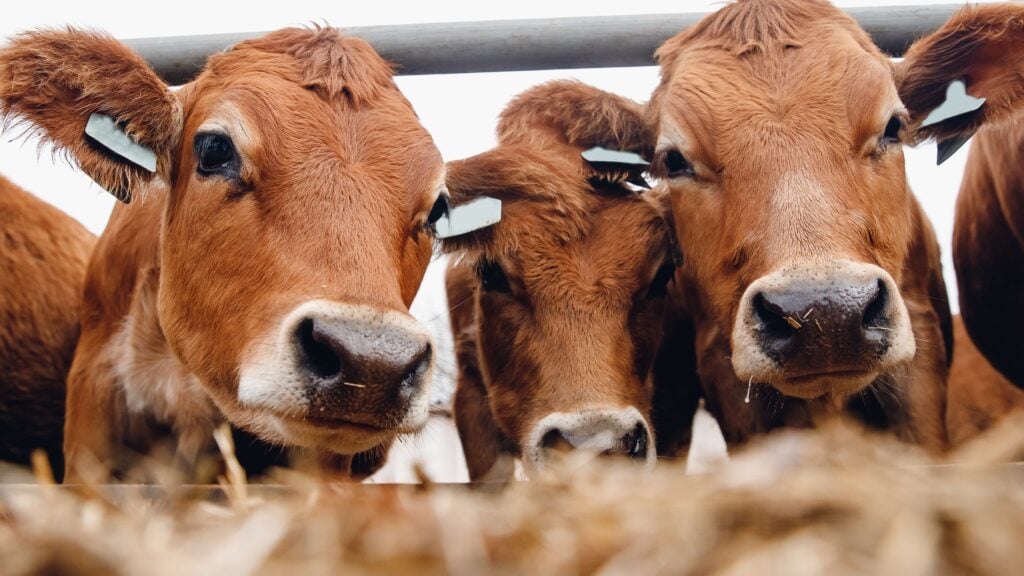Cartagena, a city in the Murcia region of southeast Spain, has been dubbed a “global hub” for live animal exports.
More than three million sheep and cows were transported from the city’s port in the last five years. According to a report by the Guardian, this means the popular tourist destination is one of the biggest players in the global trade of live animals.
Along with Tarragona, another Spanish port further north, Cartagena is the only facility in Spain with permits to consign live animals by sea.
Around 400,000 animals were exported from Cartagena last year. Spain as a whole exported 534,000.
Despite this, it is thought that many people who live in and visit Cartagena aren’t aware of what’s happening. Trucks bring the animals to an area closed off from the public.
“Most people wouldn’t even understand why we are putting a goat, a sheep, a pig, or cattle on a long transport. It just doesn’t make sense. It’s the unnecessary cruelty, which will sooner or later be the end of this industry,” said Gabriel Paun, director of Animals International.
Spain’s live export industry
In the last decade, Spain’s exports have risen significantly. It is now the largest exporter of cattle by sea in Europe. But the country isn’t limited to just one type of animal export. It is also the second largest exporter of sheep. (Romania takes the top spot.)
Most of the animals are sent to the Middle East and North Africa, to countries like Saudi Arabia and Libya, and the trade made Spain £500 million in 2020. The country’s trade increased when it picked up some of Australia’s trading deals in 2011. The latter introduced animal welfare laws requiring countries to be open about slaughter conditions.
“Usually within a market, if someone pulls out … someone else comes in to fill the void, and Spain was willing to do that,” said Olga Kikou, European Affairs Manager at Compassion in World Farming.
Ending live animal exports
Live exports have long been controversial over animal welfare concerns. The vessels are generally overcrowded, and the animals will often suffer from disease, exhaustion, dehydration, pain, and stress. Last year, almost 3,000 cattle exported from Spain died within the space of two weeks.
Those interested can visit Compassion in World Farming to sign its petition to ban live exports.






